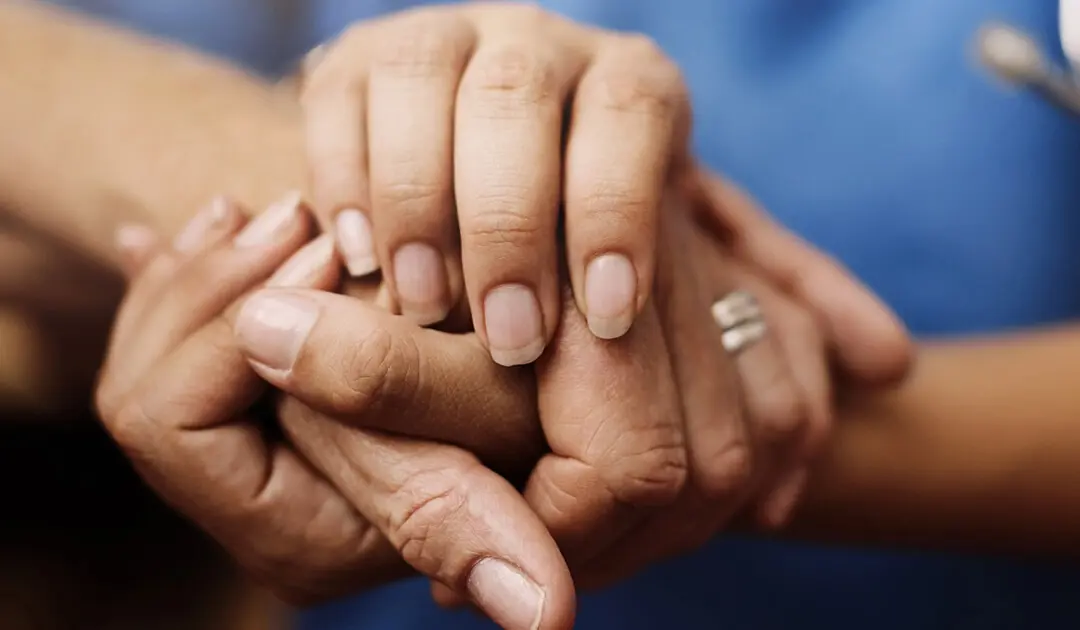De-escalation Tip of the Day: Be Empathetic and Nonjudgmental

In an interview with LIFE magazine in May of 1963, the author James Baldwin said, “You think your pain and your heartbreak are unprecedented in the history of the world, but then you read…Only if we face these open wounds in ourselves can we understand them in other people.”
Our instincts might tell us to react defensively to the level of energy and emotion that somebody else is pouring out in front of us, but the best thing we can do is take a mindful pause, however slight, and realize that we’ve been there too. We’ve all felt incredible pain, overwhelming stress, or been overcome by an indecipherable wave of emotion at some point in our lives. It’s what makes us human, and that humanity is the same thing that makes us capable of safely and effectively de-escalating a person or situation away from crisis.
That's why the first of CPI's top 10 de-escalation tips is this: Be empathic and nonjudgmental.
Marcus Aurelius wrote, “Whenever you are about to find fault with someone, ask yourself the following question: what fault of mine most nearly resembles the one I am about to criticize?” Ask yourself: is your initial feeling of discomfort and repulsion toward an outburst simply because it’s inappropriate to the situation, or could it also be the unexpected and jarring reflection of something you’ve been through, or are capable of, yourself?
Behavior impacts behavior. The #empathy you show to a person in crisis can transform the situation.
When you encounter a person in crisis, be willing to make an earnest effort not to judge or discount their feelings even if you don’t necessarily understand them or feel comfortable with them. Showing somebody else the grace and compassion you would want to be shown can go a long way toward helping them avoid escalating further. It also keeps the environment around you and the people working and living within it safe, by reducing the likelihood of violence.
Remember that behavior impacts behavior. The empathy you show to a person in crisis can not only transform the immediate situation, but can demonstrate a useful skill that others may someday use when they find themselves on the other side of an escalating individual or situation. The choice to be empathetic may seem simple, but it has the power to change your world.
Schedule a Consultation
Learn how CPI’s training programmes can benefit your organisation.
Let's Connect